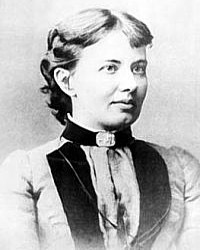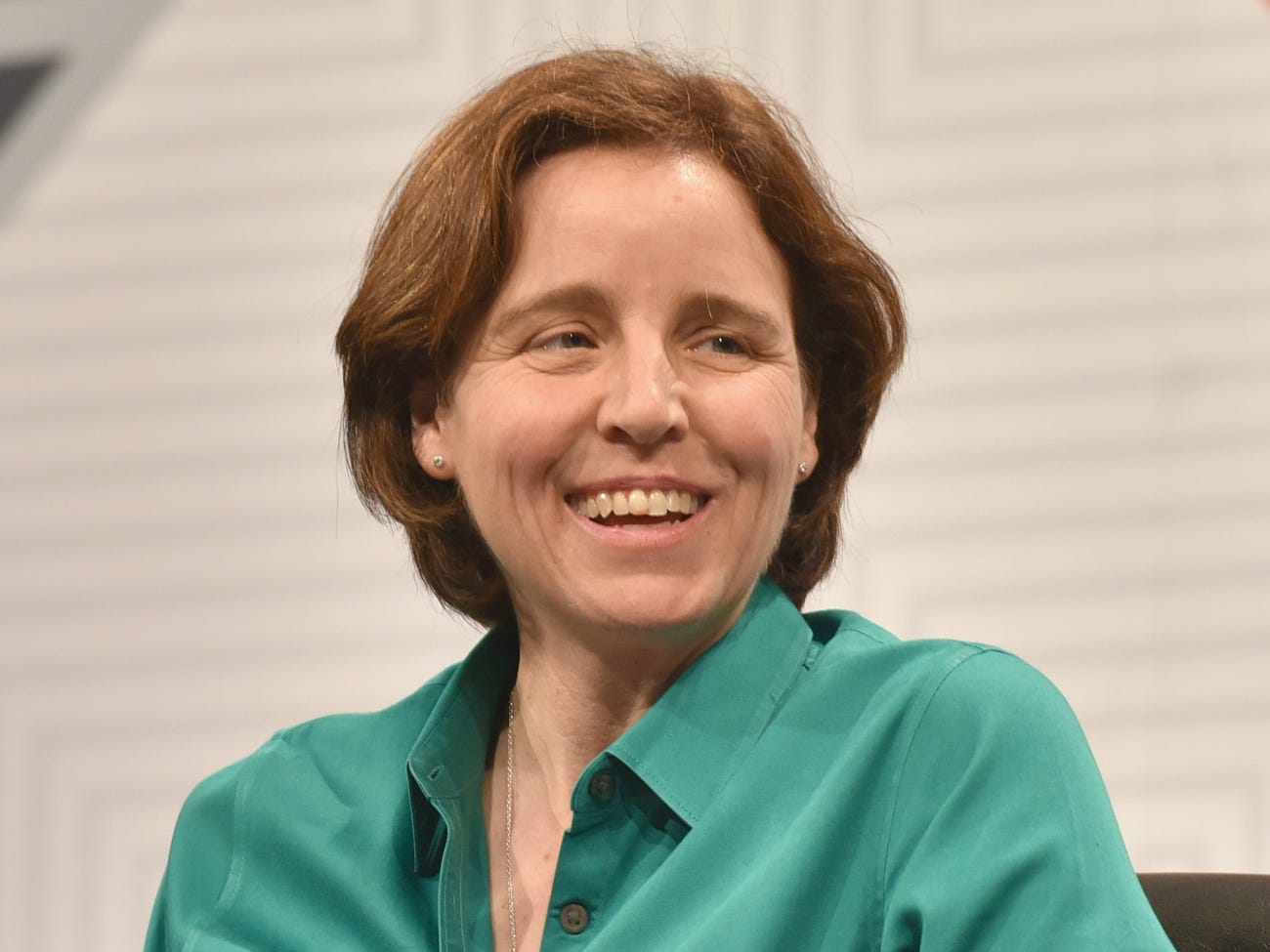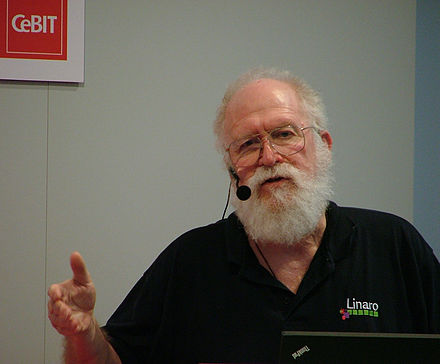Pride
- Date Posted: Jun 28, 2020
Pride 🏳🌈
On the 51st anniversary of the Stonewall riots, we would like to wish all of our members a Happy Pride Month! 🎊
Pride is a time when people in the LGBTQ+ community can celebrate their individuality. This year, that celebration feels a little different; nonetheless, we would like you to join us in commemorating this wonderful event. 😃
5 LGBTQ+ Pioneers and Leaders in Computer Science and Technology
1. Alan Turing

Generally regarded as the “father” of theoretical computing science and artificial intelligence, Alan Turing is the name that most often comes to mind when people think about an influential gay computer science pioneer.
2. Sofia Kovalevskaya

Kovalevskaya became the first woman in Europe to earn a doctorate in mathematics. She later secured a position at Stockholm University with the help of Swedish mathematician Gösta Mittag-Leffler, whom she met through his sister, a woman with whom she had an intimate “romantic friendship” that lasted until Kovalevskaya’s death from influenza at the age of 41.
3. Tim Cook

As the CEO of Apple, Tim Cook is one of the highest profile leaders in the tech world today. On October 30, Cook came out as gay in an editorial for Bloomberg Business saying “I’m proud to be gay, and I consider being gay among the greatest gifts God has given me.”
4. Megan Smith

Megan Smith was appointed in 2014 under President Obama as the first-ever female US CTO. Before that, she was a VP at Google, where she helped launch the company’s Solve For X and Women Techmakers initiatives. She’s also previously served as CEO of LGBTQ+ online media company Planet Out.
5. Jon Hall

Hall, who goes by the nickname “maddog”, is one of the notable supporters of Unix and Linux systems, and an early proponent for free and open-source software. He chairs the board of directors for the Linux Professional Institute, a nonprofit that provides certification to open-source professionals. Hall came out as gay in 2012 in honor of the 100th birthday of mathematician Alan Turing. Hall wrote in Linux magazine: “Most of the people in my world of electronics and computers were like the mathematicians of Alan Turings’ time, highly educated and not really caring whether their compatriots were homosexual or not, or at least looking beyond the sexuality and seeing the rest of the person.”